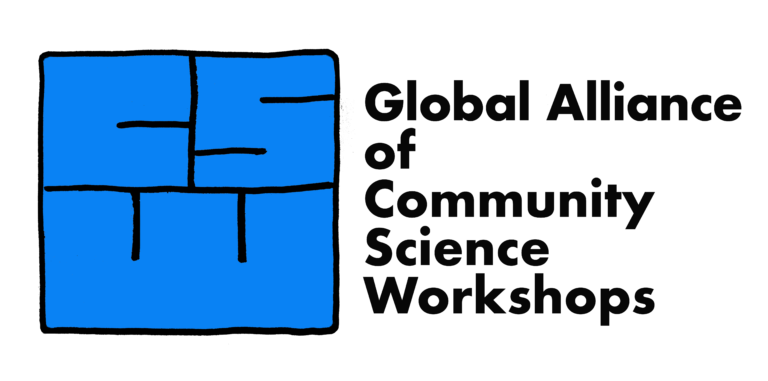A CSW is a community space where kids and their families can go to create the projects of their imaginations and explore the physical and natural world.
You’ll find:
* Tools of all sorts
* Workbenches
* Piles of interesting scrap materials of all kinds
* Hands-on exhibits
* Animals and plants
* Bones and fossils
* Electronics
* Music and sound instruments
* Art supplies
* Nice people to help you explore and discover
